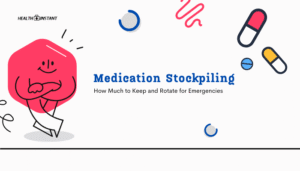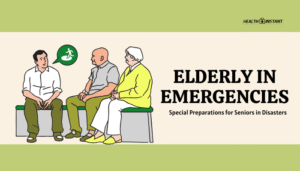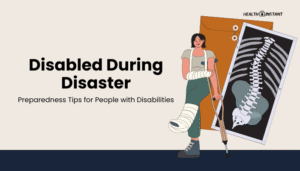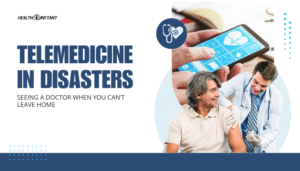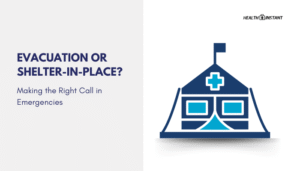Medication Stockpiling: How Much to Keep and Rotate for Emergencies
Introduction From natural disasters that disrupt supply chains to personal circumstances that limit pharmacy access, having a small stockpile of essential medications can offer peace of mind. However, accumulating and storing medicines safely req...
Read MoreElderly in Emergencies: Special Preparations for Seniors in Disasters
Introduction In an emergency—whether a hurricane, wildfire, flood, or even extended power outage—older adults are especially susceptible to harm. Health conditions, reduced mobility, and social isolation can complicate evacuations and post-di...
Read MoreDisabled During Disaster: Preparedness Tips for People with Disabilities
Introduction Disasters—whether natural (like hurricanes, floods, earthquakes) or human-made (industrial accidents, fires)—can strike suddenly, disrupting everyday life. People with disabilities can face additional challenges such as difficult...
Read MoreTelemedicine in Disasters: Seeing a Doctor When You Can’t Leave Home
Introduction In times of disaster—be it hurricanes, floods, fires, or pandemics—traditional healthcare can become less accessible. Hospitals and clinics may face closures or overcrowding, and residents may be stuck at home. Telemedic...
Read MoreEvacuation or Shelter-in-Place?: Making the Right Call in Emergencies
Introduction Disasters—such as hurricanes, wildfires, chemical spills, or floods—pose critical questions about safety. Should you stay at home and await further instructions, or take off to safer ground? The correct choice can differ for each...
Read More
